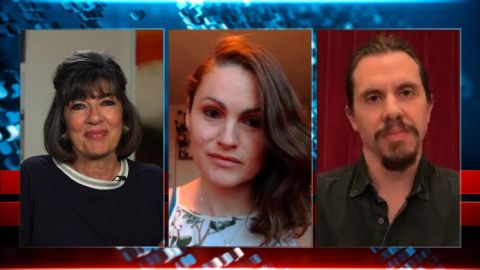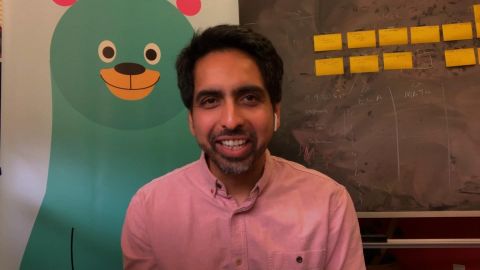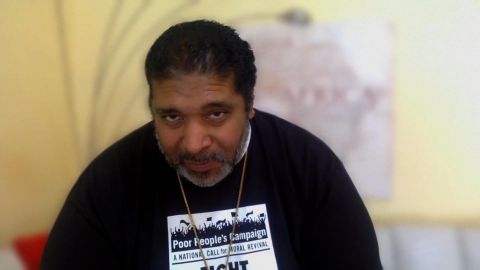Read Transcript EXPAND
CHRISTIANE AMANPOUR: UNESCO says a billion students, kids and all the way up to college are out of school right now. What does that mean for education, first of all? And when you think about that, what does that mean for these kids, for society?
SAL KHAN, FOUNDER, KHAN ACADEMY: Well, we have always known about things like summer learning loss, that, for most of the world, there’s three months off in summer. And not only do kids not learn in that three months, but they forget in those three months. And there’s things like the summer slide. It’s well-documented. Now we’re in a situation where it’s likely that these closures will continue through the end of the school year, and then you have summer. So you’re going to have five months of not learning, and also probably forgetting. And some of our assessment partners, the NWEA, recently released a study showing that it’s indicative that the average kid might lose a year of learning if they’re not able to engage in some way, shape or form. And the real tragedy of it is, that’s the average student. But a lot of students who don’t have forms of access, they might fall further behind, while other kids might be able to keep up.
AMANPOUR: Because the theme really of this program has been the disparity and the inequality gap. So we have seen it in terms of who the disease is hurting most. And you just heard the congresswoman from California about the inequality of who’s going to get the best equipment and the testing and all the rest of it, and also in education around the world. You’re just speaking to that right now. So, what happens, then? I know that the Khan Academy is stepping up to try to mitigate some of this. But when kids or parents don’t have the tools that it takes to remote-learn, whether it’s that Internet connection or the actual computers, what happens?
KHAN: Yes, this is a huge issue that we have been trying to work with partners on for the last 10 years. Obviously, us, as a not-for-profit. We have had this mission statement for some time, a free world-class education for anyone anywhere. We always imagined that we could be used in physical classrooms to help teachers personalize, let students fill in the gaps, give teachers better information. But we also imagined this use case around the world that we have seen where Khan Academy is used in places where kids don’t have access to school or they don’t have access to extra supports. But it’s all predicated on having some form of Internet access. We were work on even a fairly simple smartphone, but you at least need that. And so we’re trying to work with telecom carriers, school districts, whoever we can find to help solve this. We’re starting to see — this has been a surprise for everybody. It’s happened very, very fast. I was talking to the superintendent in Clark county, which is Las Vegas. They’re the fifth largest school district in America. They have done some pretty heroic efforts of getting laptops to at first their older students. And then they had recently got a shipment of 40,000 Chromebooks to give to their other students. They’re working with the local telecom carriers, the cable companies, Cox, to be able to get the hot spots out there. So that’s the type of thing that we need to see more of, not just in the U.S., but throughout the world.
About This Episode EXPAND
Rev. William J. Barber stresses the importance of protecting the poor in the midst of the COVID-19 pandemic. Congresswoman Katie Porter tells Michel Martin how she’s holding the CDC accountable. Sal Khan discusses Khan Academy’s resources for kids, parents and teachers. Representatives from Britain’s National Health Service explain how music can shed light in these dark times.
LEARN MORE



